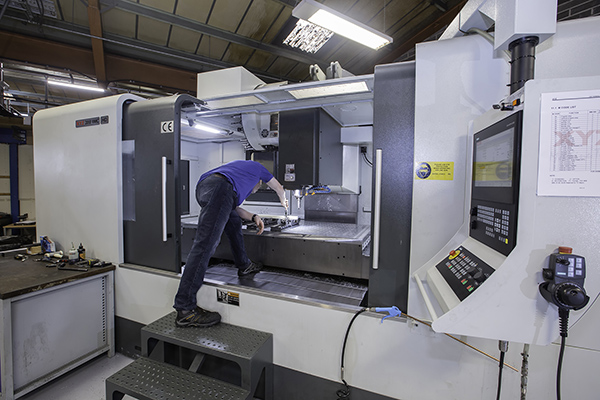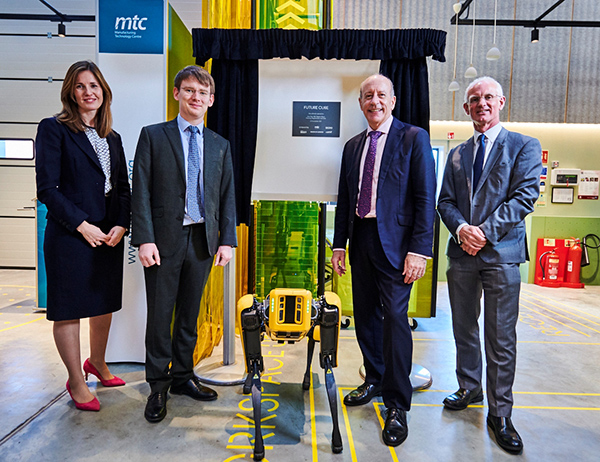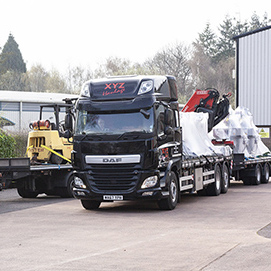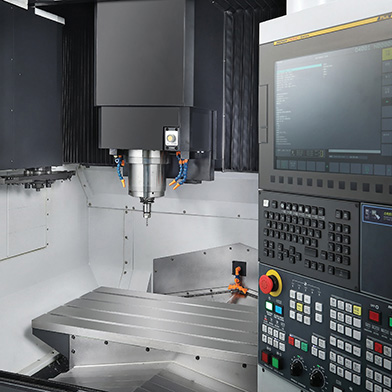
The Meddings Group can trace its roots back to the late 1930s when the current chairman’s grandfather started the business. It was in 1941 that the first Meddings pillar drill was developed, a product, although greatly updated, which remains central to the group’s activities. With drill production growing the decision was taken to relocate to the company’s current location in Ivybridge, Devon. This move would not only give room for expansion and the development of its own products, but the acquisition of swimming pool heating manufacturer Thermalec, along with extensive subcontract machining and fabrication capabilities, and an industrial supplies division.
Says managing director Mark Dibbens. “We have re-shored all manufacturing of the Meddings drills and Meddings Thermalec products. Product development will see new drill designs being launched at MACH 2022, as well as expansion of the Meddings Thermalec range.”
To help meet increased machining requirements, Meddings Group has undertaken a major investment programme, spending over £1.4m in the past 12 months on capital equipment and facilities. The latest arrival is an XYZ UMC-5X five-axis machining centre.
Initially the focus of the XYZ UMC-5X will be on Meddings’ own products, with new developments of the company’s drills and Thermalec heaters benefitting from the capability of simultaneous five-axis machining. One example is the new design of pool heater vessel, which at over 100 kg in weight, means that reducing set-ups is a major advantage. Another product machined on the XYZ UMC-5X has seen dramatic reductions in cycle times, with one-hit machining cutting the original cycle time of 15 hours by 50%.
For further information
www.xyzmachinetools.com























